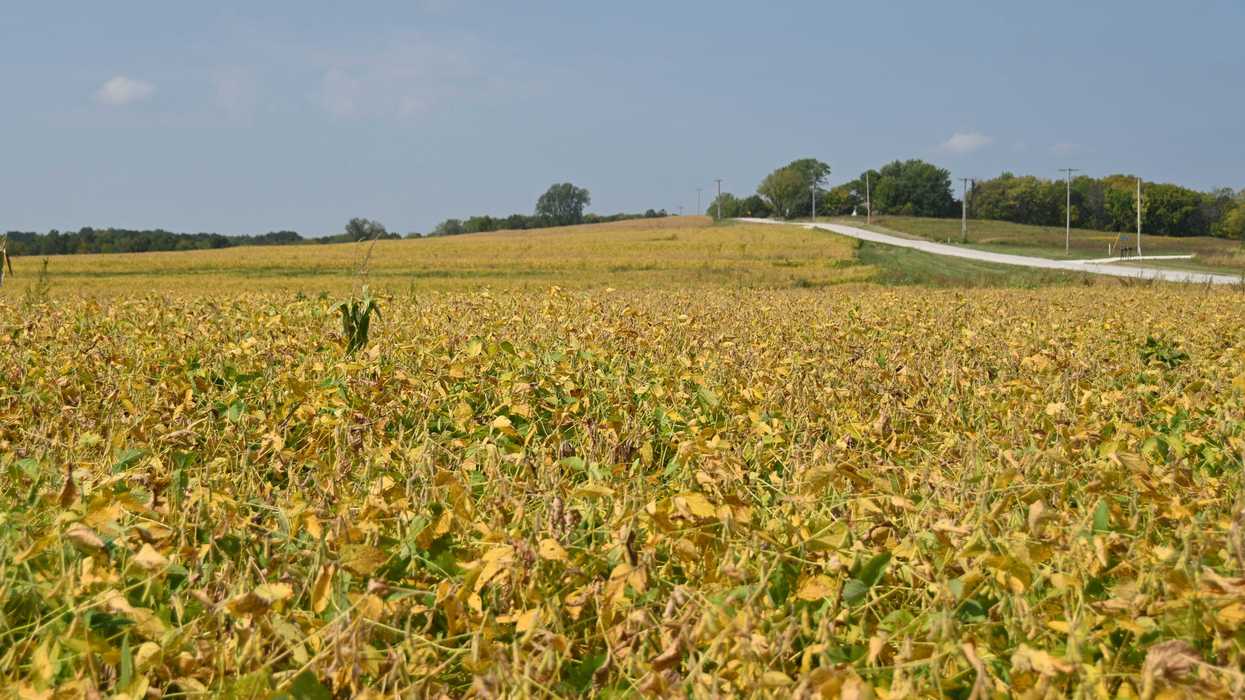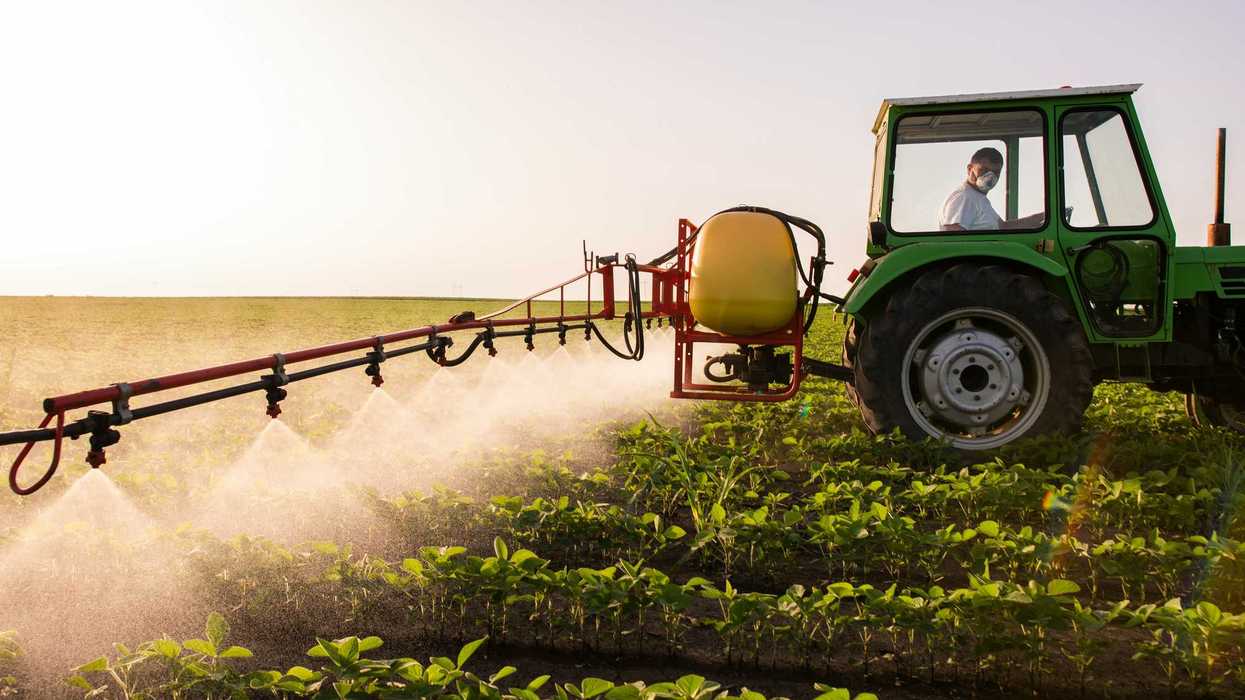Facing unpredictable weather and rising temperatures, Indian farmers are increasingly relying on climate-resilient seed varieties to ensure stable crop yields despite the challenges posed by climate change.
Sibi Arasu reports for The Associated Press.
In short:
- Farmers in India's arid regions struggle with unpredictable rainfall and heat, impacting traditional rice farming methods.
- Agricultural research has developed resilient seeds that use less water, withstand heat and are more resistant to disease.
- India's government is promoting these new seeds, aiming to use them on 25% of rice fields by the next winter crop season.
Key quote:
“We really need these seeds to deal with these multiple issues created by global warming.”
— Ashok Kumar Singh, former director of New Delhi-based Indian Agriculture Research Institute
Why this matters:
With climate change threatening food security, developing and distributing climate-resilient seeds is critical to sustaining crop production and feeding India’s vast population. This strategy could also serve as a model for other climate-vulnerable regions.
Related: Farmers embrace steam-treated seeds as a chemical-free pest control method














